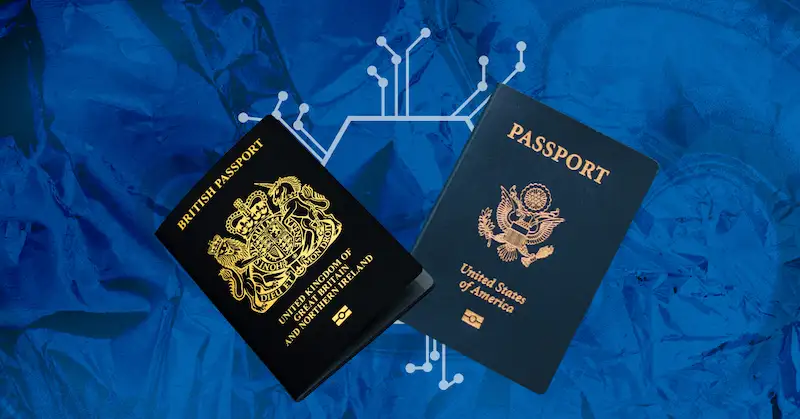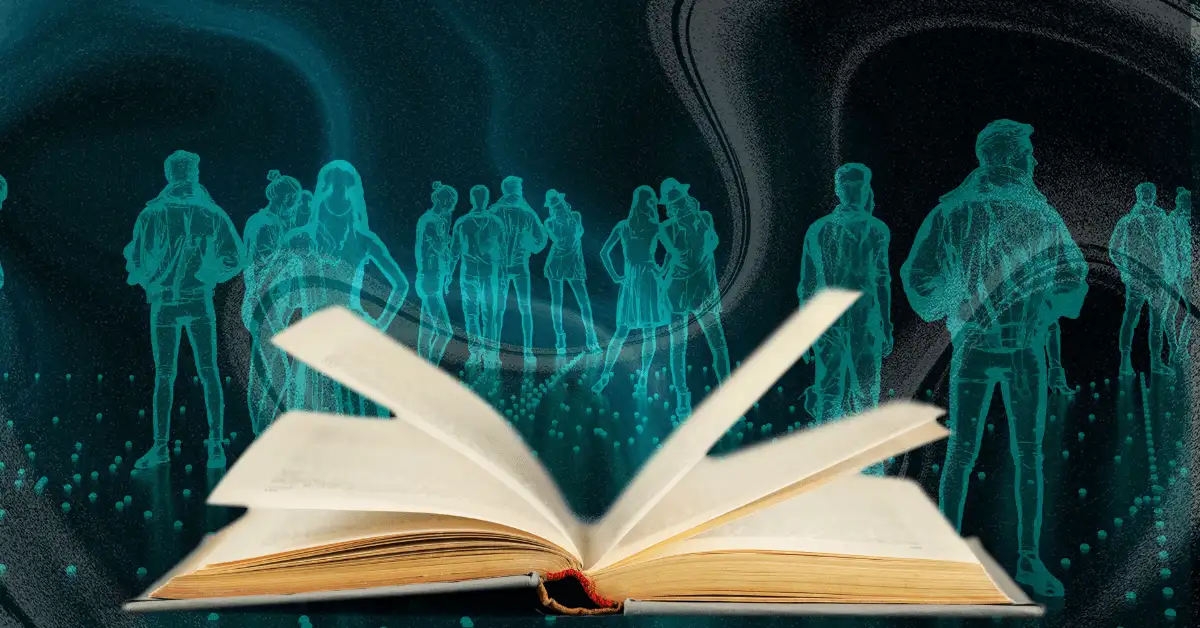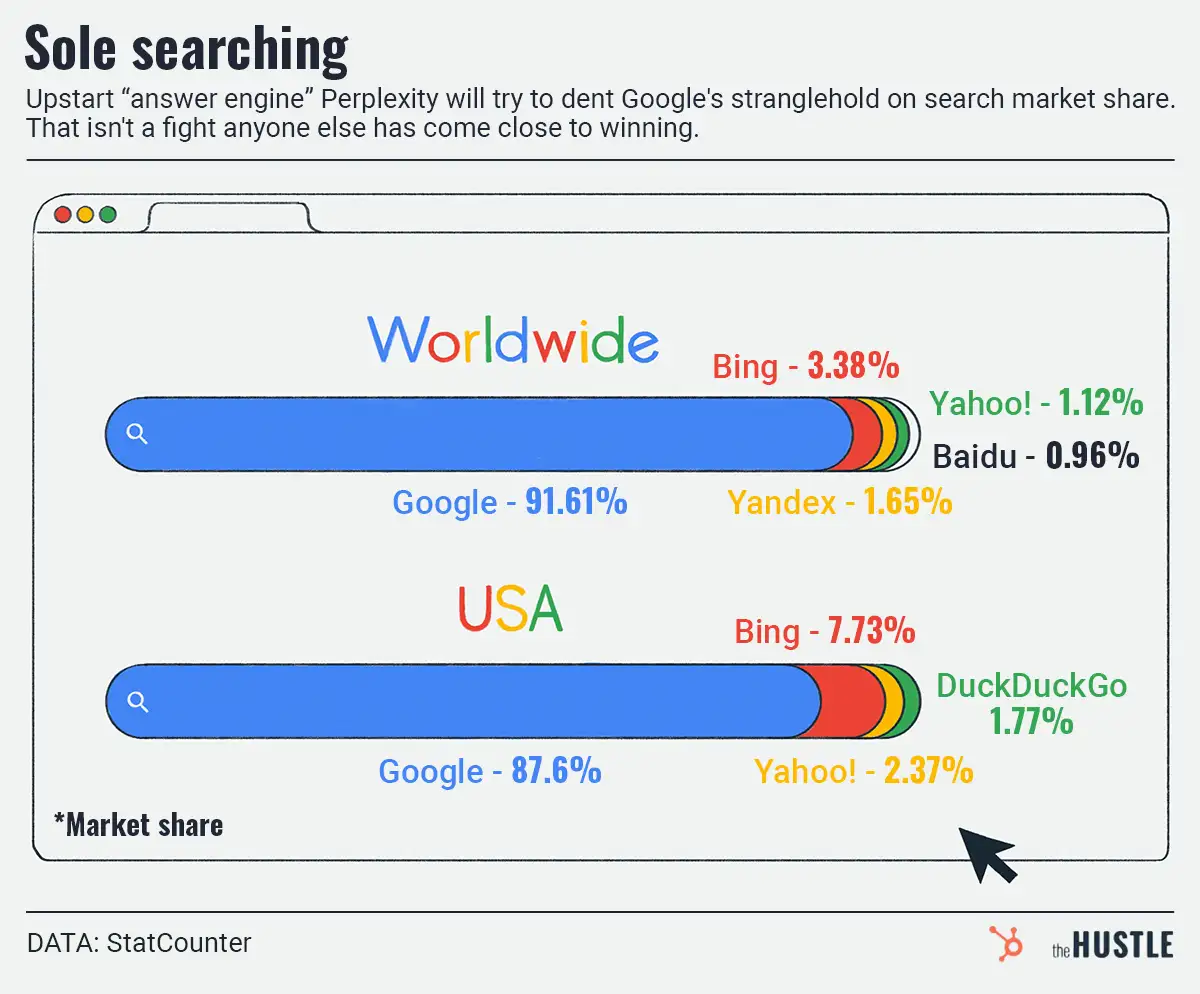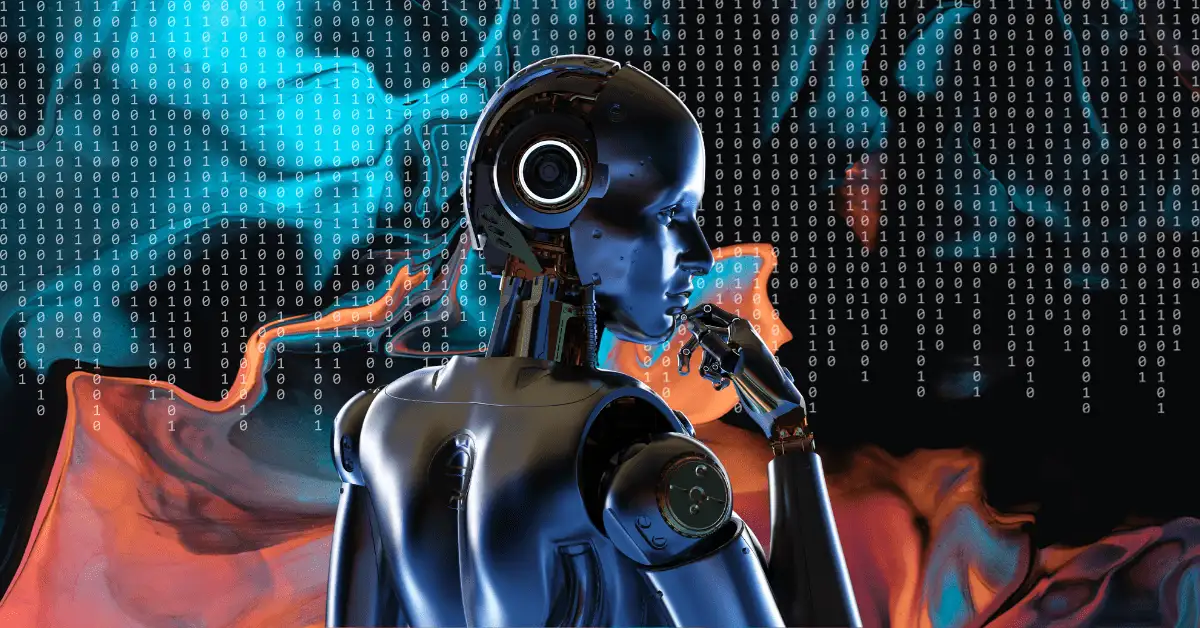That’s the question posed by professor Christian Terwiesch from the University of Pennsylvania’s prestigious Wharton School of Business.
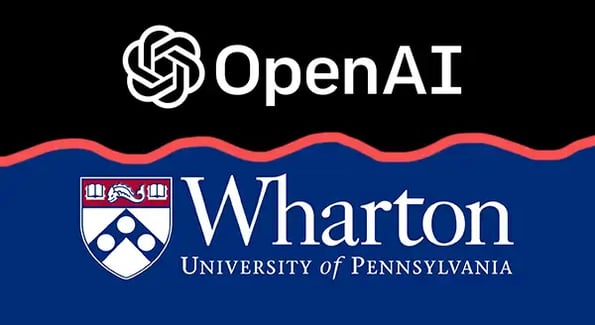
Terwiesch’s recent curiosity led him to test the technology’s performance on one of his final exams for an operations management course.
How’d it go?
While ChatGPT struggled with some advanced prompts and made mistakes on sixth-grade math problems, it did remarkably well at answering basic operations management and process analysis questions.
For these kinds of questions, Terwiesch wrote, “Not only are the answers correct, but the explanations are excellent.”
Read through ChatGPT’s answers and you’ll see why, in Terwiesch’s 25 years of teaching, he recognizes that it’s arguably “the closest that technology has come” to automating the skills of managers and consultants.
What are the implications?
Regarding ChatGPT’s impact on business school faculty, Terwiesch sees:
- The need to raise the bar for assignments, while also letting students engage with ChatGPT through a critical lens.
- The potential to leverage ChatGPT to make the teaching process — including exam writing and grading — more efficient.
Terwiesch plans to ban ChatGPT’s use on assignments that assess students’ foundational knowledge, which he says is needed to make complex decisions even when leveraging AI.
“An elementary school student still needs to learn that 7 x 7 = 49 and that the capital of Pennsylvania is Harrisburg, even though calculators have been widely used for over 50 years and students can use Google or Wikipedia to find answers,” he explained.
For now, it’s clear ChatGPT is capable of passing assessments like these. Terwiesch gave it a B on his exam. And as the saying goes, Cs get degrees.

